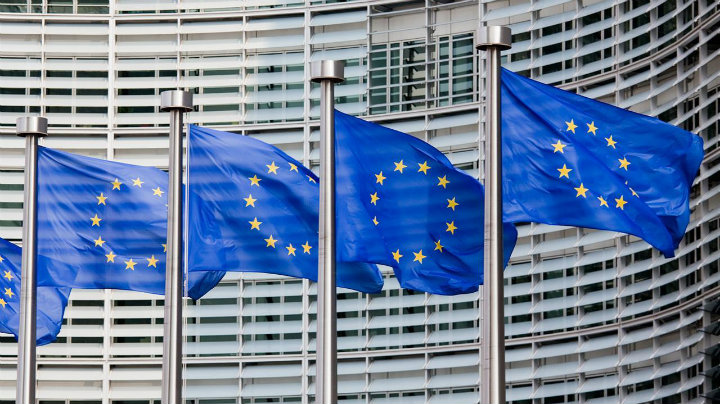The European Union has called on political parties in the Maldives to engage in dialogue to resolve a deepening political crisis.
The EU delegation along with EU heads of mission and the ambassador of Norway in Sri Lanka called for dialogue after strongly condemning “the violence which occurred at the public demonstration held in Malé on 1 May 2015.”
Nearly 200 protesters were arrested from the anti-government mass rally following a police crackdown, including Adhaalath Party (AP) president Sheikh Imran Abdulla and main opposition Maldivian Democratic Party (MDP) chairperson Ali Waheed.
The opposition ‘Maldivians against tyranny’ alliance had vowed to bring president Abdulla Yameen to the negotiating table through the mass rally.
Last week, Imran refused to negotiate with president Yameen’s envoy for the talks, tourism minister Ahmed Adeeb, calling the ruling party’s deputy leader “corrupt” and “a criminal.”
The EU meanwhile called on all sides to “exercise restraint and to refrain from any acts which could make the current political situation worse.”
“The EU delegation is especially disappointed because of the reassurances which the visiting EU [heads of mission] had received from all major Maldivian political parties and the government that every effort would be made to ensure that peace would prevail on 1 May,” reads a statement released yesterday.
The opposition May Day protest began peacefully with an estimated 20,000 supporters marching across the capital’s main thoroughfare Majeedhee Magu, calling for an end to the government’s “tyranny” and demanding the release of former president Mohamed Nasheed, ex-defence minister Mohamed Nazim.
However, clashes erupted when protesters attempted to break through police barricades to perform sunset prayers at the Islamic centre. Protests are prohibited at the Republic square or the restricted ‘green zone’ in front of the mosque.
Police cracked down with tear gas, thunder flashes, stun grenades, and the indiscriminate use of pepper spray.
Later in the night, a Specialist Operations (SO) police officer left behind after a baton charge was tripped and severely beaten by protesters. He was sent to Sri Lanka for medical treatment along with another officer injured after a protest pickup charged through police lines at dusk.
The president’s office spokesperson Ibrahim Muaz Ali declared after Sheikh Imran’s arrest that the government will no longer hold discussions with the Adhaalath Party leader.
The EU parliament meanwhile passed a resolution last week calling on member states to issue warnings on the Maldives’ human right records on their travel advice websites and demanding the release of ex-president Nasheed.
In a visit to Sri Lanka, US Secretary of State John Kerry echoed the calls and warned that democracy is under threat in the Maldives.
“We’ve seen even now how regrettably there are troubling signs that democracy is under threat in the Maldives where the former president Nasheed has been imprisoned without due process,” he said.
“This is an injustice that needs to be addressed soon.”

